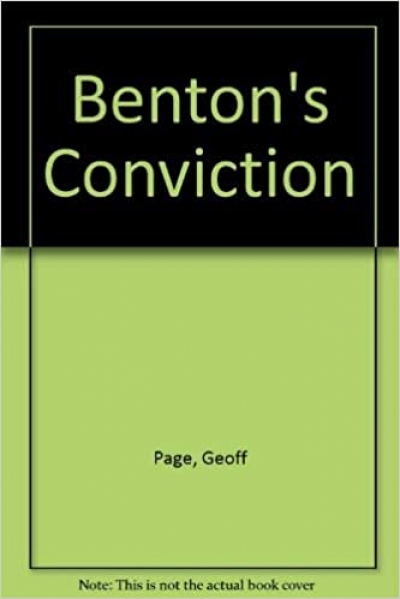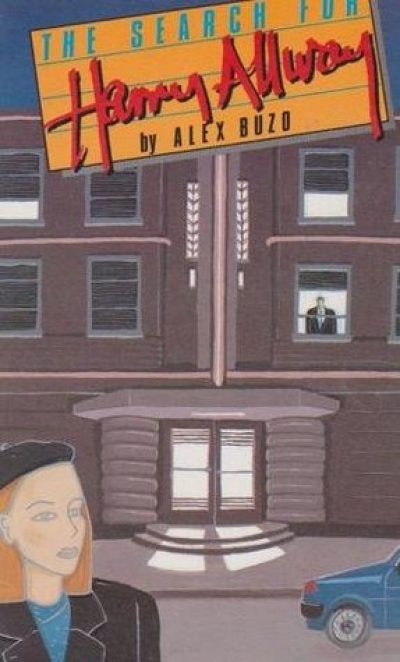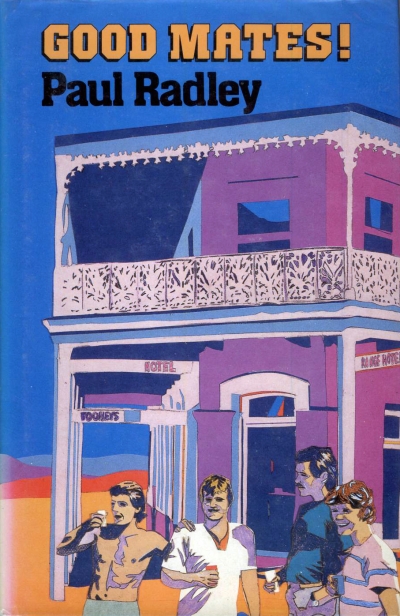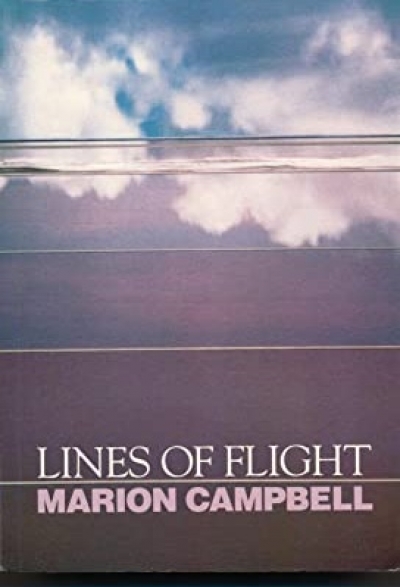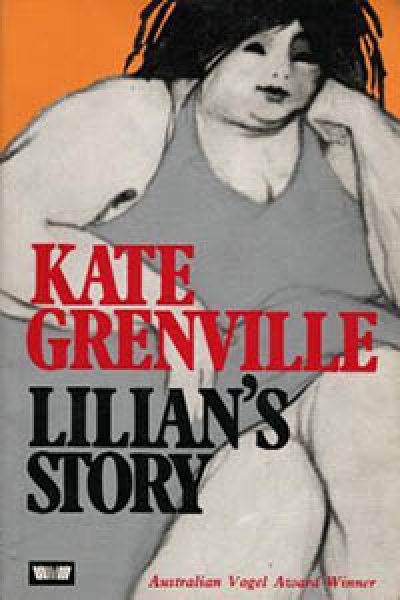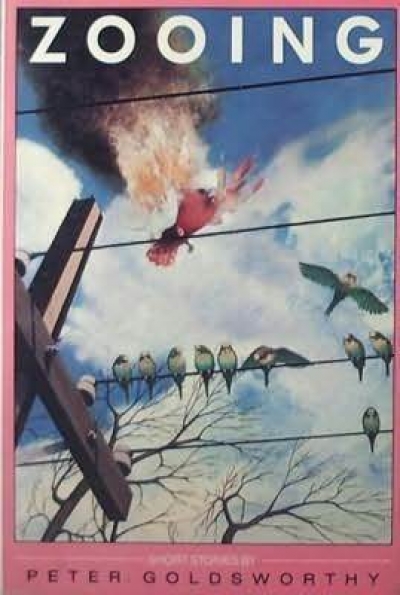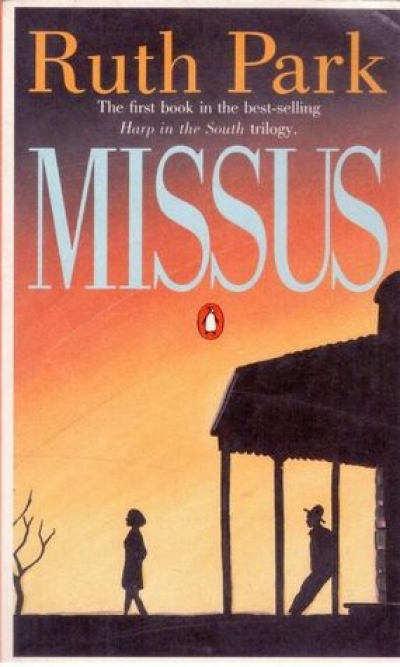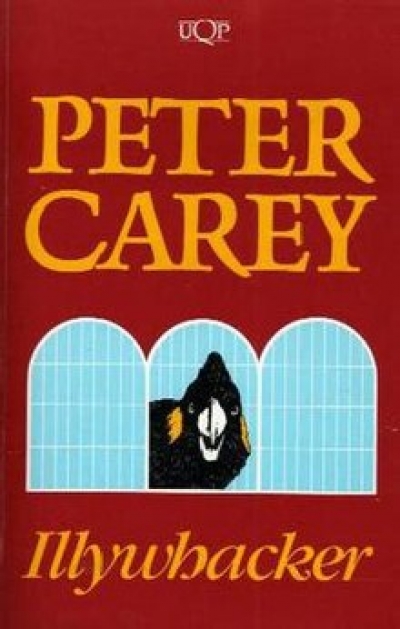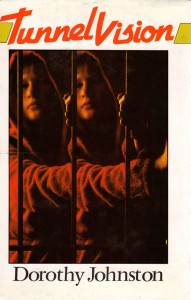Fiction
Australian involvement in World War I has in recent years attained a high profile in books, film and television. The trend has been to demythologise the legends of heroism and courage associated with war, and the theme often adopted is the rapid and brutal transformation from naivety to understanding of how baseless the myth was. Although this might be considered well covered ground, Geoff Page in his first novel, Benton’s Conviction, has returned to the war setting. However, because he concentrates on an aspect which hitherto has not been fully explored, and sustains the work with deft prose, Page has succeeded in producing a novel of originality and consistent interest.
... (read more)This is a first novel from Alexander Buzo, the playwright of the 1960s and 1970s who gave vitriol a new status in the Australian vernacular and who, through characters like Coralie Landsdowne (Coralie Landsdowne Says No) and Edward Martello (Martello Towers), raised pretentious speech to new levels of social acceptability. In a published comment on audience reception to Martello Towers, Buzo describes Edward Martello as ‘an educated ‘rake’, who is, in keeping with the style of the play, articulate beyond the grounds of naturalism’ and concludes, ‘Still, as long as they’re enjoying themselves’. Defensive disclaimers from writers hint at a nervousness which must, eventually, find its way into the writing usually in the form of overkill. The worst recent example of this is the introduction to Clive James’s Brilliant Creatures in which a rather affected statement of pre-emptive failure is intended to head the critics off at the pass if they were to do anything as unkind as suggest that the work was any more frivolous than intended by its author, who, of course, intended it to be.
... (read more)Paul Radley’s novels are about loss and growth. The first, the prize-winning Jack Rivers and Me, showed how ‘Peanut’ was forced to shed his imaginary companion as a part of his joining the world of school. My Blue-Checker Corker and Me dealt with a twelve-year-old boy’s reaction to grief at the loss of his racing pigeon. Now, in his latest, he takes us through five years in the lives of two mates from just before they leave school until one of them dies in the mud of New Guinea. The setting of the novel is again his fictitious township of Boomeroo, but the time is now the late thirties and first years of the war.
... (read more)At a time when novels by women must run the gauntlet of feminist criticism it is surprising to find one which is prepared to discuss love and female dependence without any deference to feminism. Natalie Scott makes it clear that her heroine lives in ‘liberated’ times but she insists that the need for love remains a fundamental human weakness or strength. Furthermore, she is not afraid to link a woman’s desire for beauty with her need for love. The traditional feminine concern for beautiful things and personal beauty becomes in The Glasshouse part of a search for completeness, though the other interpretation – that it is evidence of feminine materialism and obsession with security – is also acknowledged. At the same time, Natalie Scott’s writing is careful, considered, occasionally witty, and always finely crafted. Her narrator, Alexandra Pawley, convincingly conveys the attitudes of an intelligent and well-groomed woman who desperately wants to form her life into a beautiful pattern.
... (read more)Lines Of Flight by Marion Campbell & Postcards from Surfers by Helen Garner
Marion Campbell’s first book is an ambitious work in which large themes are explored through the consciousness of a complex character, Rita Finnerty, a twenty-five-year-old Australian artist living in France. The writing is richly dense with images, symbolic clues, psychological insight poetic and painterly language, time layered with memory and even stories within the story.
... (read more)Lilian’s Story by Kate Grenville & Bearded Ladies by Kate Grenville
What a pleasure to be reviewing Kate Grenville’s collection of stories and her novel!
First, Bearded Ladies: The stories are a delight. Ranging with ease over four continents, they portray women in a variety of relationships – girls brought face-to-face with a sexual world, women coping with men, without men, women learning to be. The writing is witty, satirical, compassionate, clear as a rock pool and as full of treasures.
... (read more)A reviewer’s prejudices are rarely so obvious to him as are mine in the case of these two books. I have an instinct of sympathy with Peter Goldsworthy. Our first books of stories received a joint review from John Tranter in the Sydney Morning Herald. The venerable poet was, let us say, splendidly discouraging: Windsor’s and Goldsworthy’s joint faults made them ‘like so many hundreds of forgotten Australian short story writers before them’. We have been victims together. In the case of Archie Weller, I have to admit to negative prejudices. Weller is promoted as someone who nearly won the Vogel Prize, and I am suspicious of all the media hype and puff that surrounds that award. The price of greater publicity, runs my prejudice (conviction?), should be sharper critical attention.
... (read more)The idea of the sequel probably goes back to the earliest cave drawings in the bowels of the oldest hills. ‘What happened next?’ was surely .among the first words babies ever gurgled as parents grunted bedtime stories around ancient camp-fires. It is not given to the armchair anthropologist to know whether· ‘What happened before that?’ is quite so fundamental, but I suspect not – otherwise, stories would begin with an end at least as often as they do with a beginning.
... (read more)An Illywhacker, Peter Carey reminds us at the start of his latest and by far his longest novel, is a trickster or spieler. Wilkes cites it in Kylie Tennant’s famous novel of 1941, The Battlers. The other epigraph to the novel is also preoccupied with deception and is familiar to anyone who knows Carey’s work: Brian Kiernan used it as the title of his anthology of new Australian short story writers, The Most Beautiful Lies, an anthology in which Carey himself was represented: It is from Mark Twain and reads in part: ‘Australian history … does not read like history, but like the most beautiful lies; and all of a fresh new sort, no mouldy old stale ones. It is full of surprises and adventures, the incongruities, and contradictions, and incredibilities; but they are all true, they all happened.’
... (read more)After listening to Dorothy Johnston being interviewed on radio on her experiences in a massage parlour one would have expected a different kind of novel from Tunnel Vision. No doubt part of Johnston’s appeal as an interviewee came from the publicity blurb which announced that “she worked for a time in a massage parlour in the late 70s, and became involved in a conflict in St Kilda over whether prostitution should be legalized. She helped form a Prostitutes’ Action Group. Though Tunnel Vision isn’t autobiographical, the inspiration for it came partly from this experience.”
... (read more)

